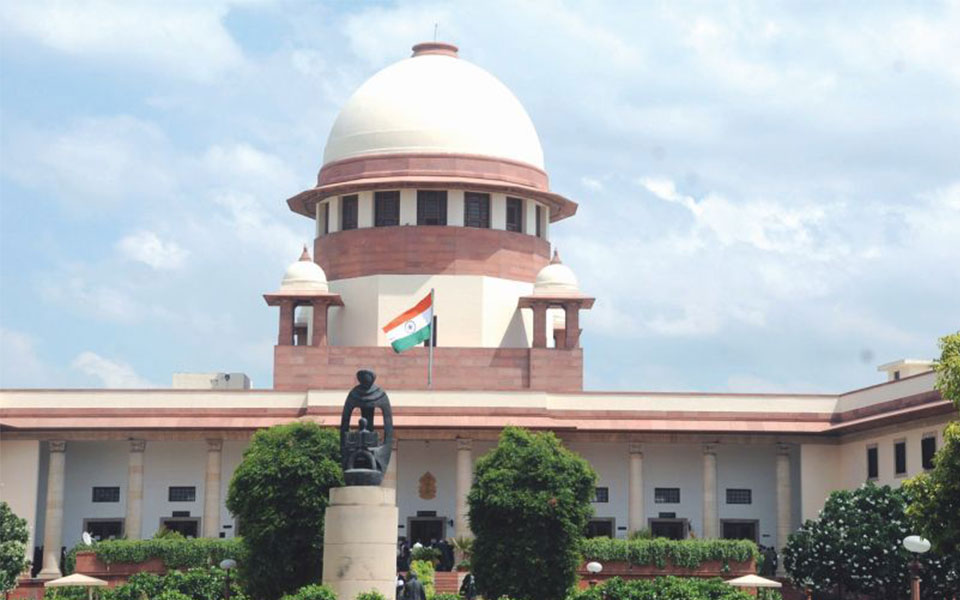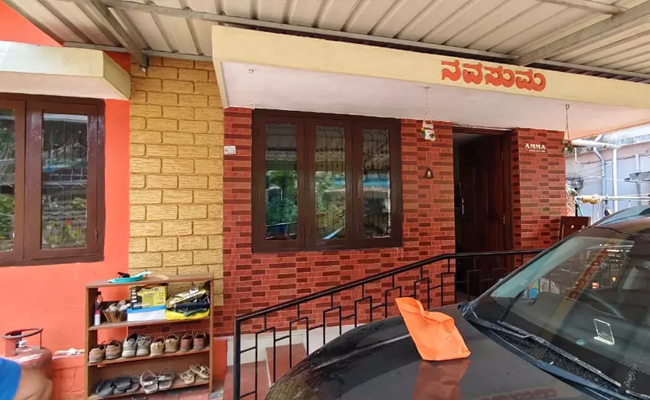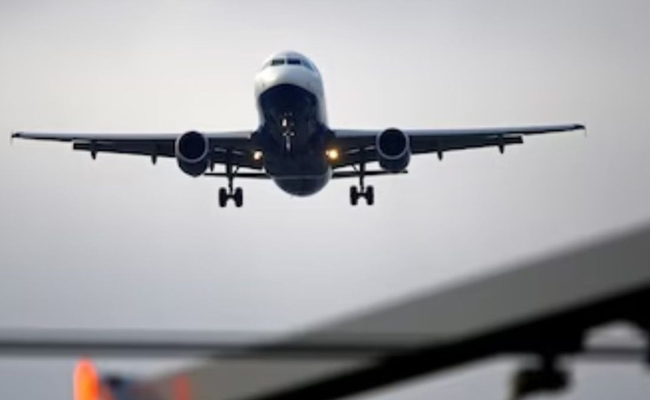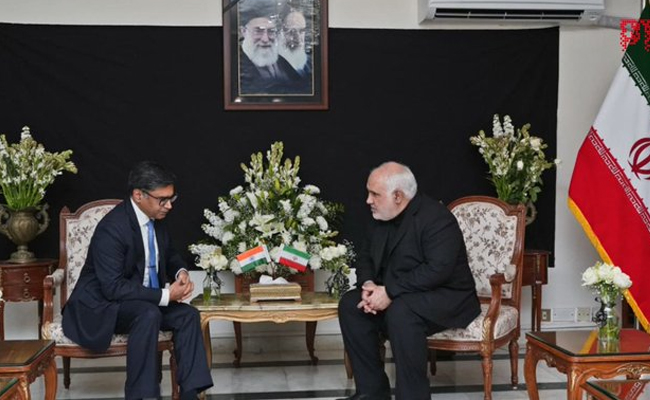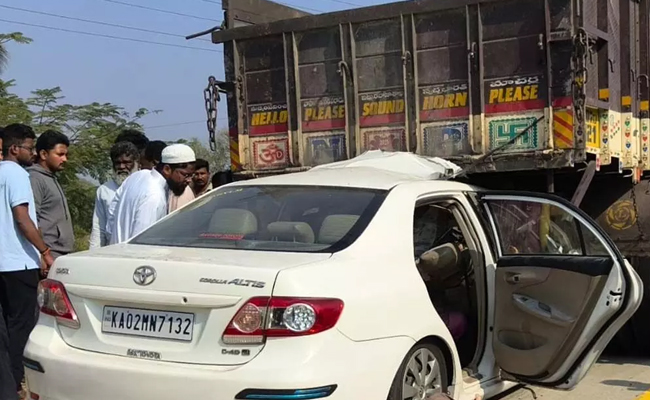New Delhi, June 14: The Supreme Court on Thursday posted for July 11 a plea by a monitoring committee - mandated to identify and seal unauthorised structures in the national capital - which said the South Delhi Municipal Corporation was not cooperating.
A vacation bench of Justice U.U. Lalit and Justice Deepak Gupta said the plea should be considered by the regular bench which has been hearing the matter.
"We are sitting in a vacation court. We have not dealt with the matter. Another bench (headed by Justice Madan B. Lokur) is dealing with it. Let this matter be listed before the regular bench on July 11," said the bench.
"We deem it appropriate that report numbers 120 and 121 (filed by the monitoring committee) be listed before the bench taking up these matters on July 11. We give liberty to the amicus curiae to mention the matter before the court immediately after re-opening of court in case of any urgency," it added.
Senior counsel Ranjit Kumar, who is amicus curiae in the sealing matter, told the bench that the municipal body was refusing to carry out the directions of the committee on the grounds that the amendments to the Master Plan-2021 were yet to be finalised.
The committee, in its two reports, has claimed that municipal bodies, including the SDMC, have refused to carry out the sealing drive saying the amendments in the Master Plan-2021 were not finalised yet and the issue of notifying mixed-land use along 351 roads was pending in the top court.
The top court-appointed monitoring committee's report is of June 11.
During the hearing, the amicus curiae referred to the May 15 order passed by the court which had said that the committee would continue with its duties and responsibilities.
He said that after the May 15 order, the committee asked the officials concerned to carry out sealing in their respective areas, but the officials refused to do so, saying the government has instructed them not to proceed till finalisation of amendments in Master Plan-2021.
On May 15, the Supreme Court gave 15 days to the Central government for inviting objections to the proposed amendments in the Master Plan-2021, and had asked it to finalise it after considering all the aspects.
The Master Plan-2021 is a blueprint for urban planning and expansion in the metropolis to ensure overall development and the proposed amendments are aimed at bringing a uniform FAR, the ratio of a building's total floor area (gross floor area) to the size of the piece of land on which it is built, for shop-cum-residential plots and complexes on par with residential plots.
An STF was also formed by the Central government to monitor issues relating to unauthorised constructions in Delhi and take steps to demolish them.
Let the Truth be known. If you read VB and like VB, please be a VB Supporter and Help us deliver the Truth to one and all.
Mangaluru: Thieves broke into the rented house of a forest officer in the Kotekar sub-division of Ullal and stole a motorbike, ₹10.5 lakh in cash and gold and silver jewellery weighing about 181 grams, police said. The incident came to light on Thursday morning after Mehboob returned home from his native after nearly one week
The victim, Mehboob Saab Gudihola, had been living in the house with his wife and child for the past six months. According to the complaint, the family had travelled to their native place in Koppal on Friday.
The theft came to light when Gudihola returned home on Thursday morning and found that the house had been broken into.
In his complaint to police, Gudihola said the accused had entered the house through the main door and broke open cupboards in two rooms. The thieves allegedly stole gold and silver jewellery weighing around 181 grams, including ornaments belonging to the child.
They also took away ₹10.5 lakh in cash, which Gudihola told police he had brought home after availing a bank loan. In addition, a motorbike parked on the premises was also stolen.
Following the complaint, Ullal Police registered a case and launched an investigation. A dog squad and forensic experts visited the house and conducted an inspection.

